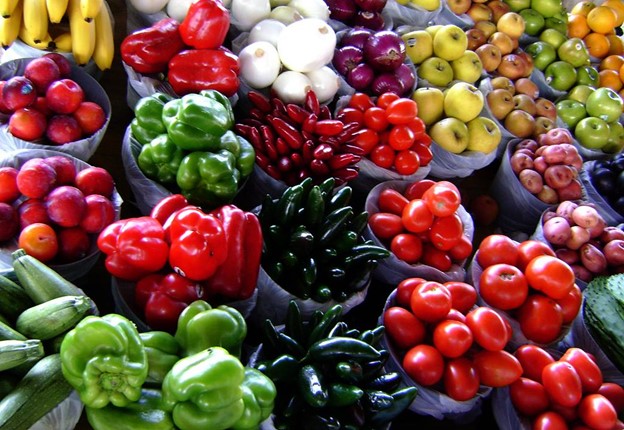By: Alyssa Jackson | Staff Writer
“Training Wheels” is a column about adulting for people living away from home for the first time.
Adulting is a daunting task, and when you’re overcome with the pressure of school, work, extracurriculars and maintaining a social life, it can be challenging to navigate how to live sustainably. That’s where I come in: welcome to “Training Wheels,” a sustainable living advice column for young adults living away from home for the first time. This is a safe space where we answer the basic questions on living the adult life and learning how to thrive. So jump on in, training wheels off!
Time to answer the daunting question: how do I shop for myself or my roommates while being environmentally friendly? Well, you don’t need to venture off island to Whole Foods or Trader Joes for your nearest organic avocado. You don’t have to look any further than Aldi in Middletown. Controlling 90% of their distribution and packaging, this little gem scored above Whole Foods and Trader Joe’s in their commitment to reduce waste. On top of committing to using non-plastic packaging, Aldi’s has pledged to make all packaging “reusable, recyclable or compostable by 2025.” Another positive is that they’re committed to paying their workers a living wage: grocery store employees make an average of $15 an hour while warehouse workers make $19.
Now, you’re probably asking yourself, what about the food?
Don’t let the stores’ small size put you off; from paleo to vegan, Aldi’s offers options for all dietary needs. They offer an array of high quality produce and meats, gourmet bakery and amazing snacks. So next time you do a grocery run, grab a friend, some reusable bags and your Aldi’s quarter and be at peace knowing that you’re shopping without drastically increasing your carbon footprint.

Some extra shopping tips:
- Keep a writing pad out next to the fridge and write down items as you run out of them.
- Only buy produce if you know what meals you’ll use them for.
- You can bulk buy meat on sale; it’s safe to freeze for up to three months.
- Plan on making meals for double the amount of people you have in your home, that way you have leftovers and don’t have to cook every night.
- Bag similar items together: dry stock in one bag, produce in the other, etc.
Cover Image: “Produce Market, Airline Dr., Houston, Texas 0811091717” by Patrick Feller is licensed under CC BY 2.0
Look out for the next article in “Training Wheels” on sustainable cooking.














